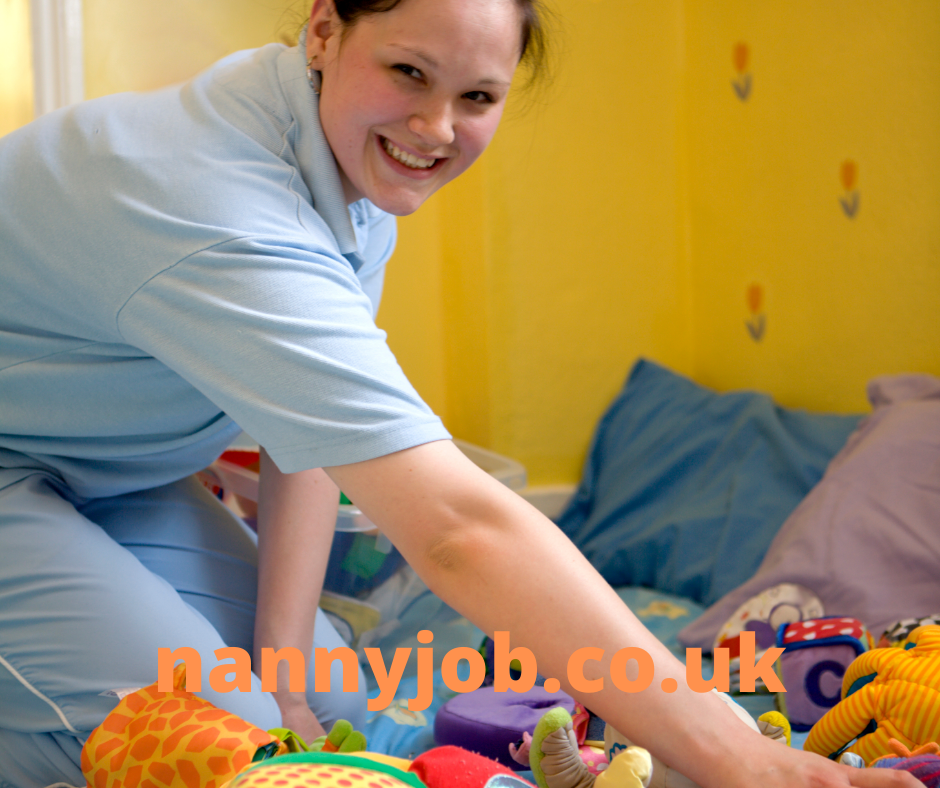Today is Blue Monday, supposedly one of the most depressing days of the year, based on the weather, debt, time since Christmas, lack of motivation and many other factors. Undoubtedly, we probably all feel a little low at this time of year for a whole host of reasons. But for those people that genuinely suffer with depression every single day Blue Monday is just another day to them.
Depression in adults is a condition we’re all familiar with. Most adults have at some point felt mildly depressed and a surprising proportion of the population has suffered from clinical depression, whether treated or not. Although there is still a huge stigma around saying that someone as an individual is or has been depressed, it’s no longer the hidden condition it once was. Depression in children and teenagers, on the other hand, is much less widely acknowledged but potentially very serious.
What on earth do children have to be depressed about?
We may cast our minds back to the halcyon days of our own childhood and wonder what there is to become stressed and depressed about but firstly childhood was never that simple and secondly today’s children are facing an infinitely more complex world with shifting social norms, advancing technology and mounting media pressure. In Hollywood everyone is popular, rich and happy, the guy always gets the girl and we all live happily ever after. This can set up dangerous expectations for real life and if children can gorge on this constructed reality, they can end up feeling like they’ll never be good enough. If we’re honest with ourselves we were all anxious about school and schoolwork, keeping up with our friends and living up to parental expectations and today’s children are no different, even though the challenges they face are. It becomes more complicated when children become adolescents because the maelstrom of hormones, which leads to tears, tantrums, rage and rebellion, can mask depression – it all gets put down simply to being a teenager. It’s especially important at this time to watch out for anything out of the ordinary which continues over a lengthy period as it may point to a deeper issue.
How can I spot depression?
Knowing what is normal for your child or charge is key, and that can only be achieved by keeping the lines of communication open. It’s difficult when your efforts are met with angry rejection but keep letting them know you’re listening and do genuinely listen to what they say even if it seems insignificant to you. A constant refusal to communicate may be a sign that something is troubling them, but they don’t know how to talk to you about it. In this case be guided by your instincts and you may need to seek professional help along with your child. Although it may feel like a betrayal at the time, a child will get over that faster than untreated depression.
Surely my child is too young to be depressed.
In fact, depression can hit children as young as 2 or 3 years old so there’s no such thing as too young. The number rises sharply in adolescence, with girls twice as likely to suffer as boys at this point. Rest assured, depression in very young children is likely to be the result of physical or emotional trauma and rarely manifests in healthy children with a secure attachment to their parents. Children who are at risk of depression, be it from chronic illness or emotional disturbances in their life, are likely to be offered additional help, perhaps in the form of play therapy or counselling.
That said, although depression in children is rare it’s important to remember that it does still exist and shouldn’t be discounted because of age.
How can I prevent depression?
There is no one way to prevent depression but setting an example of a healthy, realistic lifestyle is a good start. Plenty of exercise and fresh air along with a good diet will help keep the brain’s chemistry in balance and ensuring plenty of time for relaxation and play is vital for relieving stress. Good communication skills lay the foundation for open and honest exchanges about emotions and will safeguard your relationship throughout the difficult teenage years. It’s never too early to talk to children, be honest with them and accept them for who they are, encourage them to express their feelings and give age-appropriate explanations for what they see in the world around them.
Get into the habit of looking for the good in life. At the end of the day encourage children to focus on the good things that have happened and consider encouraging older children who don’t want to be tucked in any more to keep a positivity journal. The act of reflecting on what has gone well prevents a spiral of negativity and a journal can be a source of encouragement when times get tough.
For more information please visit www.youngminds.org.uk







